- Home
Page 2
Page 2
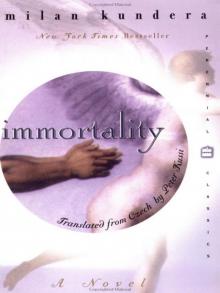 Immortality
Immortality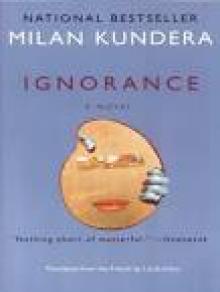 Dr. Havel After Twenty Years
Dr. Havel After Twenty Years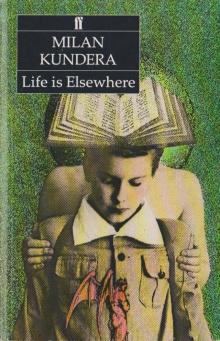 Life Is Elsewhere
Life Is Elsewhere Laughable Loves
Laughable Loves Symposium
Symposium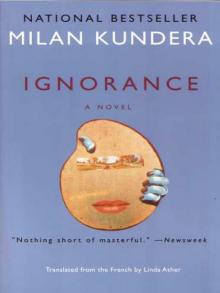 Ignorance
Ignorance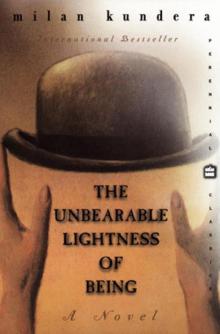 The Unbearable Lightness of Being
The Unbearable Lightness of Being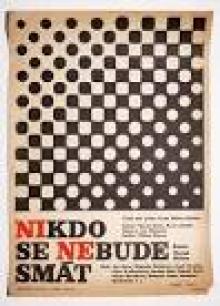 Nobody Will Laugh
Nobody Will Laugh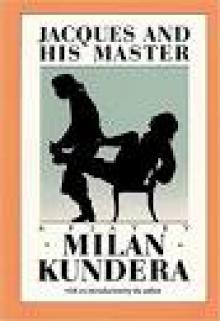 Jacques and His Master: An Homage to Diderot in Three Acts
Jacques and His Master: An Homage to Diderot in Three Acts The Golden Apple of Eternal Desire
The Golden Apple of Eternal Desire Eduard & God
Eduard & God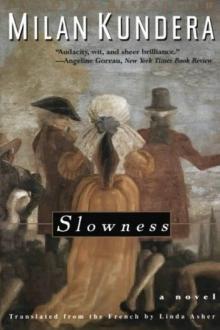 Slowness
Slowness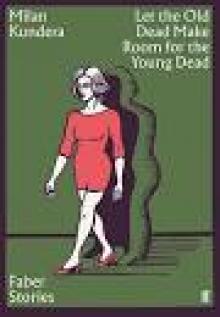 Let the Old Dead Make Room for the New Dead
Let the Old Dead Make Room for the New Dead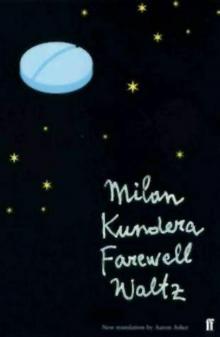 Farewell Waltz
Farewell Waltz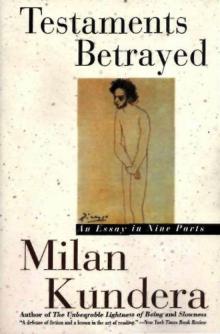 Testaments Betrayed: An Essay in Nine Parts
Testaments Betrayed: An Essay in Nine Parts